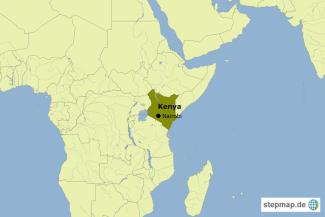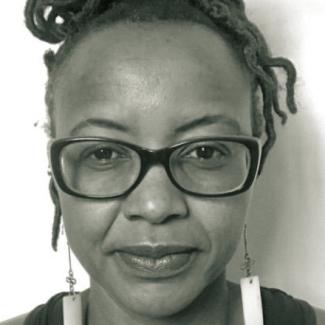Kenyan election
Suggestion to legalise industrial hemp

George Wajackoyah, a 63-year-old professor, who has a background in law, is one of the four candidates running for presidency in the August 2022 Kenyan elections. He is worried about the country’s rising public debt which now stands over $ 70 billion. Whereas he is popular for ridiculous suggestions, his proposal to legalise industrial hemp has gotten the attention of various stakeholders.
Sections of the Kenyan public opposed to Wajackoyah’s proposal are concerned that such a move could have tragic consequences for the youth. Victor Okioma, chief executive at the Kenya National Authority for the Campaign against Drug Abuse (NACADA) refers to the experience of countries like Mexico to show the dangers of legalising cannabis. “I hope that the politicians supporting its legalisation shall come out clearly and give us examples where this has happened.”
His concerns could be validated by a review done in Canada after three years of legalising recreational marijuana. The review shows that the industry is worth millions of dollars. The justice system has also recorded less drug use convictions. However, there seems to be more Canadians using marijuana, increasing the danger of addiction.
Supporters of the proposal argue that its economic impact outweighs the associated dangers. “Maize is no longer a profitable cash-crop because the rains keep failing,” says Maria, a small-scale farmer in Central Kenya who owns a two-acre piece of land. “When we harvest, we hardly break even. It is loss after loss. I hear marijuana is easy and grows in the wild without care. Now imagine if it is cared for, it could be as lucrative as tea,” she adds. Tea has been Kenya’s leading foreign exchange earner for years.
Some African countries such as Uganda, Zimbabwe and Lesotho have started small projects to test the viability of legalising industrial hemp. Whereas no studies yet show its impact on GDP, private investors speak of its profitability.
In Kenya, some firms hold legal licenses that allow them to carry out research on industrial hemp. One such company is Green Corporation Global that has a partnership with Jomo Kenyatta University of Agriculture and Technology (JKUAT) and private companies to develop several industrial hemp products. Its chief executive Michael Karanja likes the presidential candidate’s proposal. “It is exciting because Kenyans are finally having an open discussion without prejudice. Industrial hemp can produce over 25,000 different products. This means a potential of setting up factories to mass produce each of those products. With the ever-growing unemployment among Kenyans, it is a good solution.”
The fact-checking website “Africa Check” has described Wajackoyah’s plans as misleading. The prices he gives for marijuana are excessive. We rate the claim as incorrect, writes fact checker and D+C author Alphonce Shiundu. Nevertheless, it has made Wajackoyah a talking point on social media and has excited many youth, who are badly affected by unemployment.
Ciku Kimani-Mwaniki is a Kenyan author based in Nairobi.
thevillager254@gmail.com











